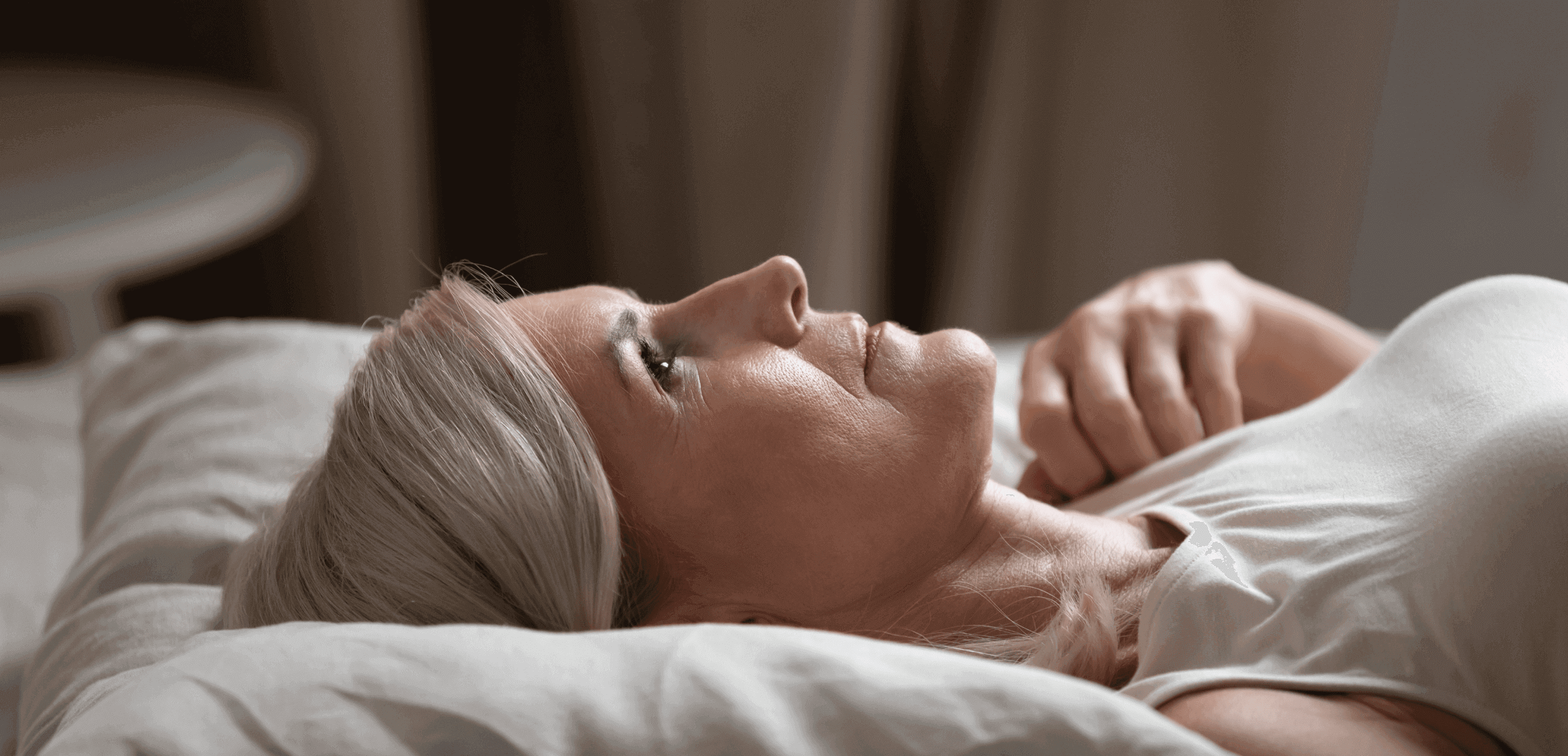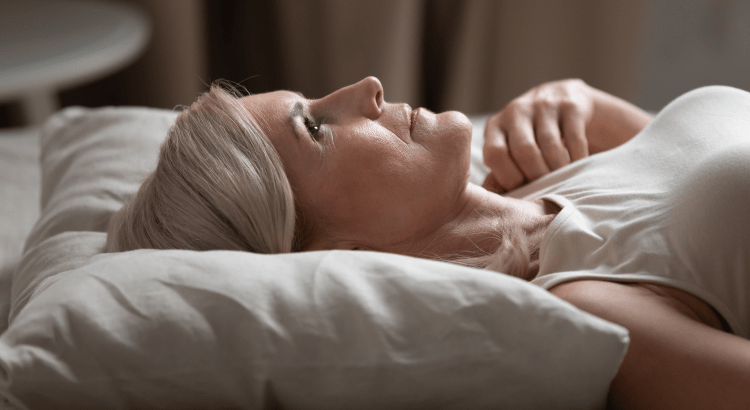Throughout a woman’s life, the female hormones estrogen and progesterone are responsible for reproductive health and for supporting many of the tissues throughout the body. These hormones are produced in the ovary, when stimulated by the brain to do so. As a woman ages, the ovaries stop producing sex hormones at the same rate.
This can happen as early as in the late 30s or early 40s, and women may start to notice symptoms as a result of their changing hormones. Hormonal fluctuations may begin to cause irregularities in menstrual bleeding, mood swings, hot flashes, brain fog, changes in metabolism, and changes in sleep patterns. Some women may suffer from these types of symptoms for up to 10 years, before they finally complete the menopause transition.






